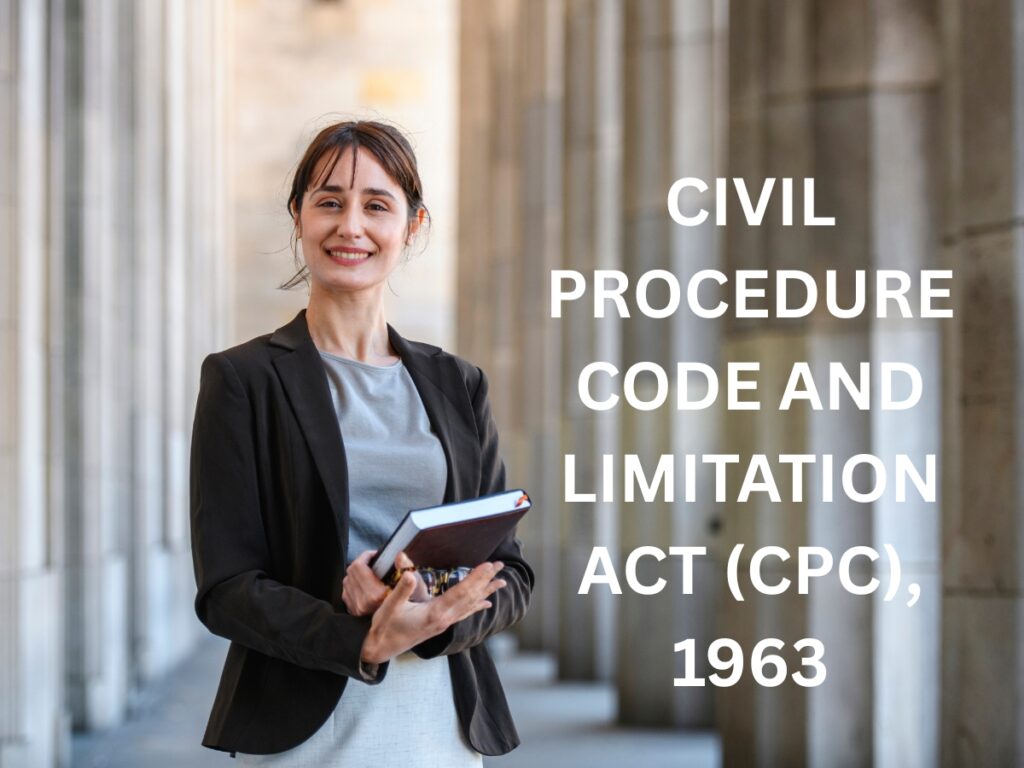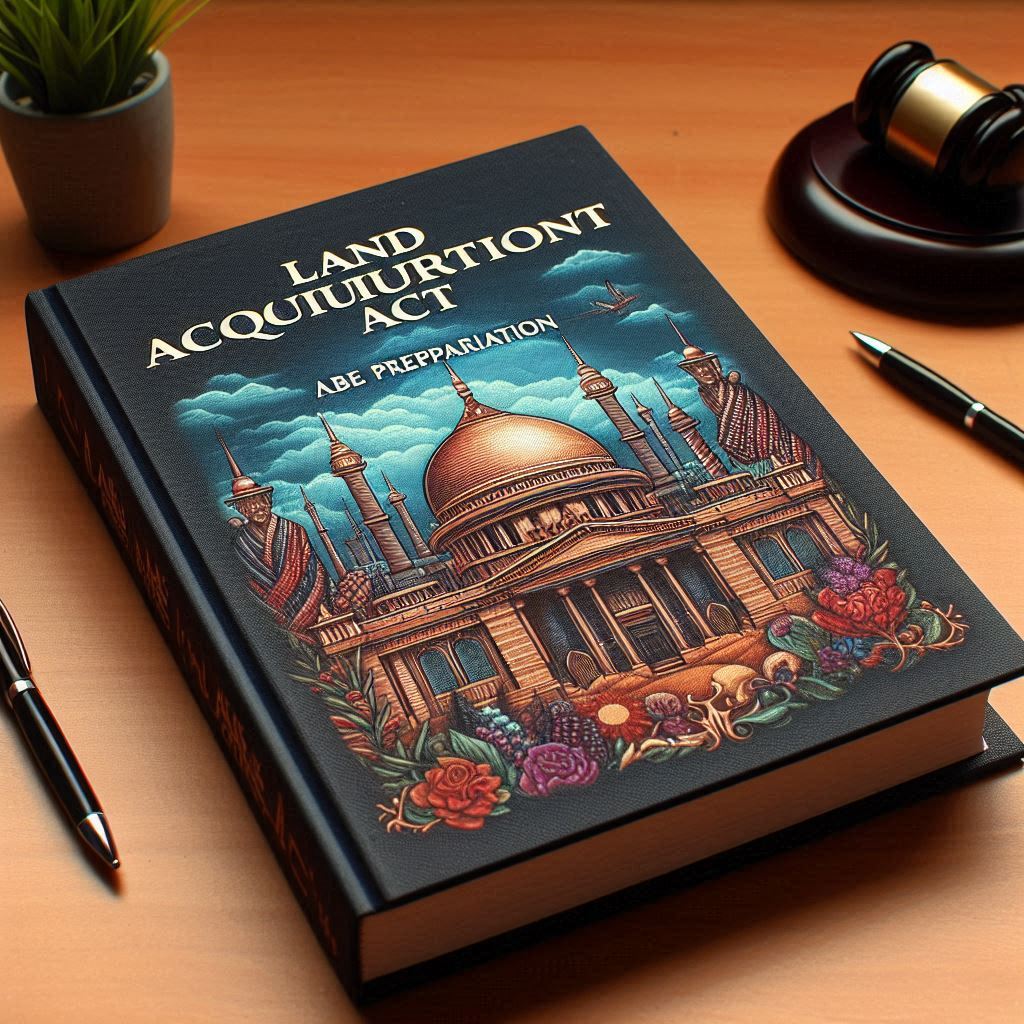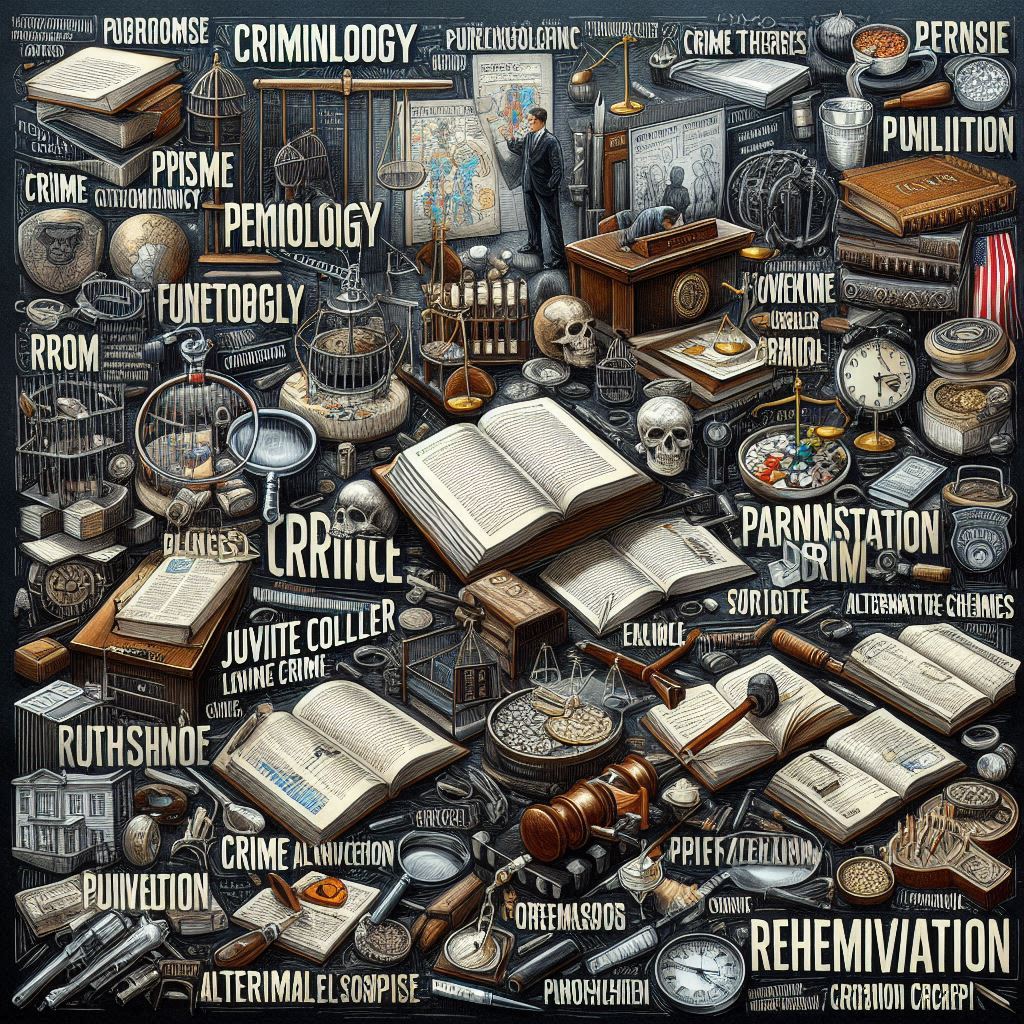CIVIL PROCEDURE CODE AND LIMITATION ACT
🧾 Topic: Scope & Nature of Civil Procedure Code, 1908 | CIVIL PROCEDURE CODE AND LIMITATION ACT “CPC is purely procedural—applies to civil disputes in courts” 🔹 Introduction The Code of Civil Procedure, 1908 (CPC) is the principal law governing civil procedure in India. It lays down the machinery and rules through which the courts […]
CIVIL PROCEDURE CODE AND LIMITATION ACT Read Post »














